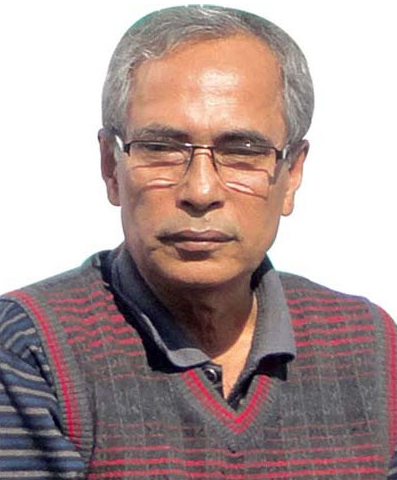Active citizenship is also key to the success of RTI
The Daily Star, Oct 15, 2021
Shamsul Bari and Ruhi Naz
Last month marked the International Right to Know Day. From the few seminars and webinars arranged on the occasion, it was evident that even 12 years after the Right to Information (RTI) Act was enacted in Bangladesh, we are still largely preoccupied with how to spread awareness about the law. We discuss numbers, identify impediments to implementation, assess the response of public officials while handling RTI requests, and debate the value of proactive disclosures to minimise the use of the law. But what about the objectives of the law, and the underlying principles and philosophy that drive them?
The preamble to the RTI Act describes the law as an “Act to make provisions for ensuring free flow of information and people’s right to information.” The words “free flow of information” deserve emphasis. Information is a continuous process, constantly being created by all sorts of public authorities, to which citizens must have access. Proactive disclosures can only meet a miniscule part of that need…Read More

